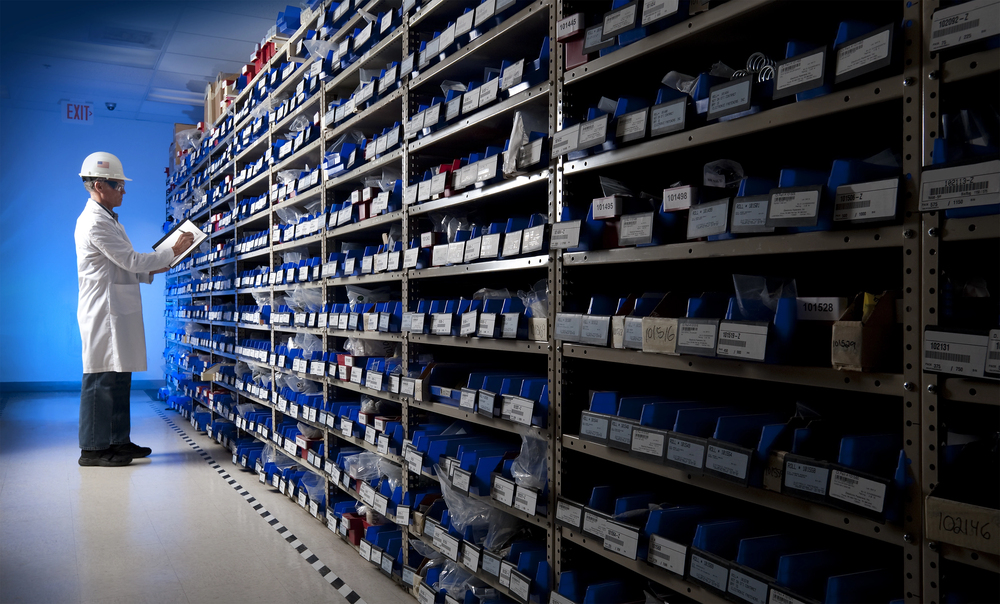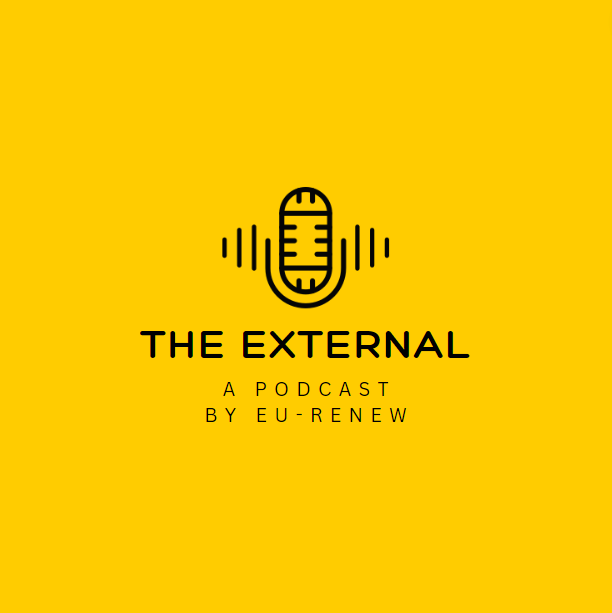Increasing Income Equality During Slow or No Economic Growth – Dr Tilman Hartley, Autonomous University of Barcelona
Original Article Reference
This SciPod is a summary of the paper ‘Policies for Equality Under Low or No Growth: A Model Inspired by Piketty’, from Review of Political Economy.
Share Episode
About this episode
When the incomes of wealthy individuals and companies grow faster than the economy itself, income inequality rises in society. However, industrialised economies such as the UK and Germany have experienced sustained declines in growth, and policies to promote economic growth often clash with environmental sustainability. Therefore, economists are attempting to find solutions for decreasing income inequality without the need to stimulate economic growth. In a recent paper, Dr Tilman Hartley at the Autonomous University of Barcelona and his collaborators outline policy interventions that can improve income equality during periods of slow or no growth.
This work is licensed under a Creative Commons Attribution 4.0 International License. 
What does this mean?
Share: You can copy and redistribute the material in any medium or format
Adapt: You can change, and build upon the material for any purpose, even commercially.
Credit: You must give appropriate credit, provide a link to the license, and indicate if changes were made.
More episodes
US-China Trade War Tariffs: Unveiling the Hidden Costs to American Consumers
An innovative study reveals how US tariffs on Chinese goods have disproportionately affected low-income American households, challenging the effectiveness of protectionist trade policies. Research from an international team of scholars, Professors Mingzhi Xu at Peking University, Hong Ma at Tsinghua University, Jingxin Ning at UIBE, and Luca Macedoni at Aarhus University, provides compelling evidence for the benefits of free trade and the often-overlooked costs of trade barriers.
Professor Benjamin Melamed | A Better Way to Measure the Inventory Turnover Ratio metric, a Key Performance Indicator for Businesses
Inventory management is a key activity in many organizations. Its performance is often measured by the inventory turnover ratio metric, or ITR for short. This is a key performance indicator that managers are incentivised to improve. However, improper measurement of the ITR metric can cause problems in terms of reliability, comparison, and bias. Professor Benjamin Melamed of Rutgers University has proposed novel formulations of Little’s Law. The traditional Little’s Law is used an as approximation of real-life measurement, whereas Melamed’s versions are exact and robust.
Marine Bardou | Quiet Early Bird or Loud Late Riser? Understanding the European Parliament’s Involvement in International Agreements
The European Parliament has the ability to play a key role in shaping the European Union’s international agreements. But how exactly does it get involved in these complex negotiations? Researcher Marine Bardou from the University of Louvain has conducted a comprehensive study to answer this question, revealing surprising patterns in the Parliament’s activities.
Professor Bertrand Guillotin | What Happens When Companies Take a Stand Against Unethical Practices?
Corporate responsibility is increasingly crucial for businesses, but it comes with challenges. Using Hershey as an example, Professor Bertrand Guillotin of the Fox School of Business at Temple University explores the chocolate industry’s struggle with child labor in West Africa. Despite commitments to eradicate this issue, progress has been slow. He examines the changing governance landscape, evolving consumer expectations, and the impact of ethical concerns on business operations.
Increase the impact of your research
• Good science communication helps people make informed decisions and motivates them to take appropriate and affirmative action.
• Good science communication encourages everyday people to be scientifically literate so that they can analyse the integrity and legitimacy of information.
• Good science communication encourages people into STEM-related fields of study and employment.
• Good public science communication fosters a community around research that includes both members of the public, policymakers and scientists.
• In a recent survey, 75% of people suggested they would prefer to listen to an interesting story than read it.

Step 1 Upload your science paper
Step 2 SciPod script written
Step 3 Voice audio recorded
Step 4 SciPod published




